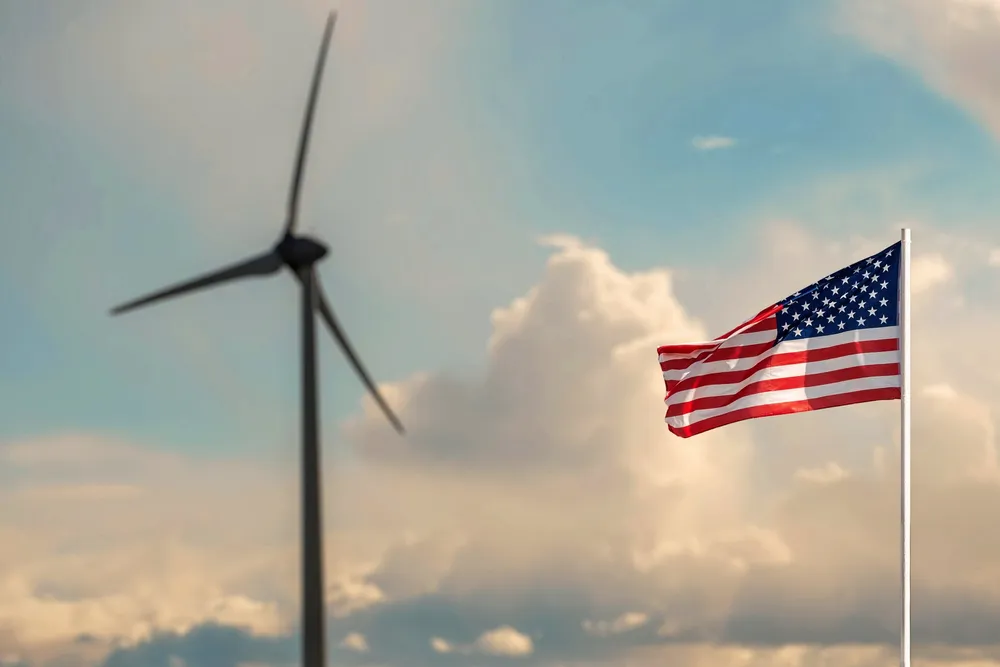Fitch warns EU green power giants face 'more hostile environment' in Trump's US
Ratings giant says uncertainty prompted by blizzard of directives could prompt shift of capital into new geographies

Global financial ratings giant Fitch warned that Europe’s globetrotting utilities now face a “more hostile environment” for US wind and renewables that could prompt a shift of investment capital into new regions or business areas.
Fitch said President Donald Trump’s executive orders temporarily halting federal offshore wind leasing and permitting for onshore and offshore projects “introduces regulatory uncertainty that could significantly delay projects, halt Inflation Reduction Act (IRA) subsidies and increase development costs for EMEA [Europe, Middle East and Africa] utilities with exposure to the US offshore/onshore sector and the US renewable sector more broadly”.
European energy groups named by Fitch as holding such exposure include Orsted, Iberdrola, Engie, EDPR, RWE and Acciona.
Fitch has already revised Orsted’s outlook to ‘negative’ but said it does not expect further actions as the others “have a much lower exposure in relative terms to offshore wind projects under development and can redirect non-committed future investment to other geographies or businesses with a more attractive risk-return balance”.
Like developers and renewable energy equipment suppliers, investors have been racing to try to understand the impact and implications of Trump’s measures.
Fitch reckons that existing leases in areas withdrawn under the area “should remain unaffected” but “delays and cost increases in projects under development could lead to asset impairment announcements”.
The agency’s analysts also find it “unlikely” that federal tax credits will be affected for projects scheduled to be commissioned until 2028 that are already benefitting from the IRA.
Fitch adds: “However, we believe the operating environment in the US has become more hostile to renewable investments, with uncertainty also affecting supply chain costs, especially if new tariffs are imposed on equipment imports, or expanding beyond wind to other technologies, such as solar or battery energy storage.
The note adds: “In this context, Fitch expects that increasing regulatory uncertainty will lead issuers to reconsider capital allocation in other jurisdictions or technologies, which would be easier for large and well-diversified issuers,” citing Iberdrola as an example of a group with the financial firepower and flexibility to make such decisions.
(Copyright)